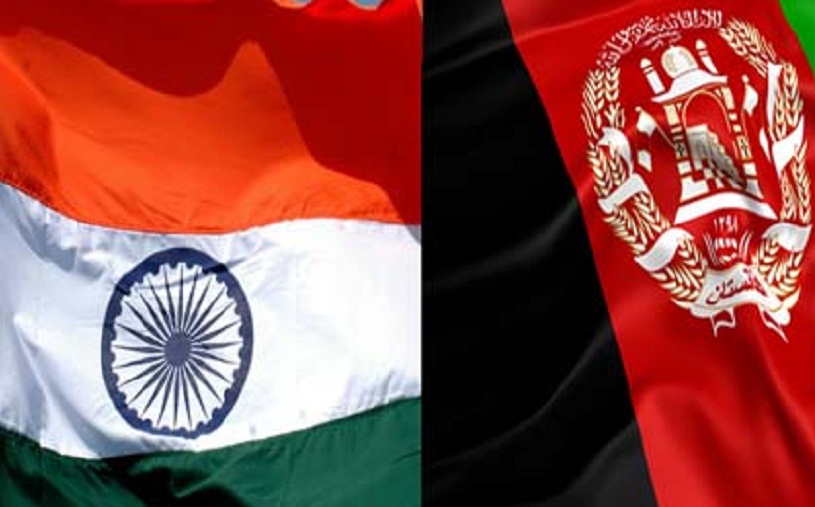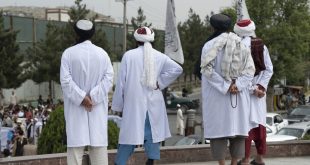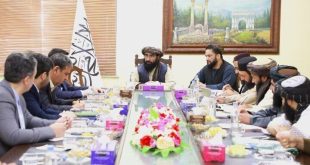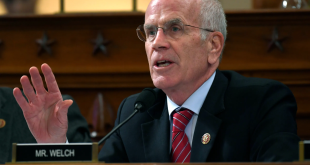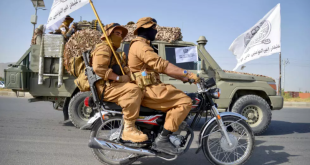Since times immemorial, Afghans and Indians have welcomed each other with open arms. The two nations are bonded together in common culture, history and interests. Both nations have more than a nodding acquaintance about the misfortunes that unleashed foreign aggression and violence and kept them struggling for territorial integrity and development. Afghanistan and India also face security problems of same nature. The two countries face same enemies who are keeping up appearances. As ill-luck would have it, the two countries have rich history but failed to be among the developed countries. And it is all due to the foreigners’ engineered violence in the region.
Indian Prime Minister Narendra Modi has sketched the historical and current picture of Afghanistan in such a way that no one did before. His speech on Friday after inauguration of the new Afghan parliament building, a token of love and friendship from India, was about more than words. It was about how Indian feels about Afghans and New Delhi’s commitment to play a constructive role in development of Afghanistan, especially at such a time when our eastern neighbor is providing shelter and support to Afghan insurgents. The speech was heart-warming in this troubled times. There is no doubt that India is a time-tested friend. There were many who called themselves true ally of Afghans but backed out at the eleventh hour.
When the eastern neighbor is sending suicide bombers and militants to Afghanistan, India is educating Afghan youth and busy in construction of Salma Dam, the Stor Palace and Iran’s Chabahar port and provided gunship helicopters so the war-hit country could become the heart of Asia in true sense. India has invested in different sectors such as agriculture, public administration, energy, education, health and security to support Afghanistan in the rebuilding process. The most significant feature of these contributions is that it has nothing to do with influence over decision-making process in Kabul or proxy war. These were purely humanitarian. The contributions were not aimed to compete as Modi pointed out. Friendship between the two countries is older and mature than birth of some South Asian countries.
However, the most difficult challenge faced by Afghanistan is extremism and insurgency. India alone could not resolve this problem. Although, New Delhi has pledged to leave no stone unturned in this regard but the militant groups are controlled by state actors in the neighborhood. The concept of good and bad Taliban made the situation complicated. Since 2001, war in Afghanistan has claimed over 100,000 lives and left the same number of people injured. Most of civilians were killed by those insurgents who are supported and sheltered beyond Afghan frontiers. Yet India as a key regional and global player can play its role in ending the bloodshed while building crippling pressure over sponsors of terrorism, through the SAARC, UN and other organizations.
 Afghanistan Times
Afghanistan Times
